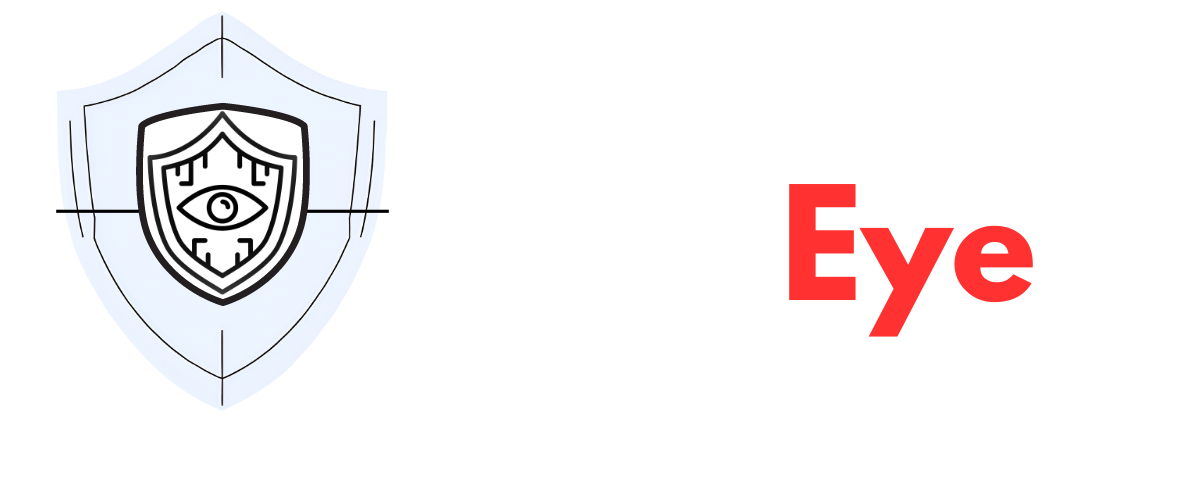BLiTZ
Lebanon’s government has taken a decisive – and highly controversial – step toward disarming Hezbollah by the end of the year. On August 7, Beirut approved the “goals” of a proposal by US envoy Tom Barrack aimed at “strengthening” the fragile ceasefire between Lebanon and Israel. As part of this commitment, the Lebanese army is expected to present a formal action plan by the end of August.
In theory, this decision could be a turning point for Lebanon’s long-term stability. In practice, however, it risks igniting new tensions if not paired with firm guarantees from Washington regarding Israel’s conduct. For Hezbollah, the prospect of disarmament is not merely a political matter – it is existential.
Hezbollah’s parliamentary representative, Mohammed Raad, made the group’s position unmistakably clear: they would rather die than surrender their arms. Calling these weapons the group’s “honor,” Raad’s words underline Hezbollah’s deep-rooted belief that its arsenal is the ultimate safeguard for Lebanon’s Shiite community and for what it calls the “resistance” against Israel. Immediately after the government’s announcement, Hezbollah mobilized street protests in a show of force. The Lebanese army dispersed them quickly, but the underlying tensions remain unresolved.
The Lebanese decision is partly driven by international pressure, particularly from the United States. Lebanon is bound by UN Security Council Resolution 1701, which calls for the disarmament of all armed groups other than the state’s security forces and the withdrawal of Israeli troops from Lebanese territory. While the Lebanese government has signaled its willingness to comply, Barrack’s proposal offers Lebanon little in return beyond vague assurances that the US will “facilitate” talks with Israel about withdrawing from the so-called “five points” inside Lebanon and halting hostilities.
Crucially, when pressed by Lebanese officials on whether Israel would indeed withdraw and cease its military raids if Hezbollah were to disarm, Barrack reportedly admitted there were no guarantees. In other words, Lebanon is expected to comply fully with international law, while Israel is allowed to continue operating under what can only be described as the law of the jungle.
Israel justifies nearly all of its actions under the expansive banner of “self-defense.” This elastic concept allows for preemptive strikes and aggressive operations that can be framed as defensive in nature. Without binding guarantees, Lebanon risks dismantling one of its most powerful – albeit divisive – armed actors without any assurance that its southern border will remain secure.
The imbalance is not accidental. It reflects a broader and long-standing US bias toward Israel. Washington’s strategic, political, and military support for Israel is an open secret, sustained by deep geopolitical ties and domestic political considerations. Advocacy group If Americans Knew has documented that Israel has been the subject of at least 78 UN resolutions, yet it continues to act with impunity, often under US diplomatic protection.
This pattern erodes America’s credibility as an honest broker in Middle Eastern conflicts. If the US truly seeks to see Lebanon’s army succeed in disarming Hezbollah, it must demonstrate impartiality – and, critically, show it is willing to pressure Israel when necessary. Without this, the process will appear one-sided, feeding into Hezbollah’s core narrative that it is the only force capable of defending Lebanon against Israeli aggression.
The risks are not abstract. If the Lebanese army uses force to disarm Hezbollah without securing Israeli concessions, it could trigger serious internal unrest. Such an outcome would likely validate Hezbollah’s warnings to its supporters, reviving the group’s legitimacy as a resistance movement and potentially strengthening it in the long run.
The current situation grants Israel the luxury of focusing solely on its security interests, knowing the US will back it unconditionally. This dynamic makes it far harder for Lebanese moderates to convince Hezbollah and its constituency that disarmament is in their best interest. As long as Israel continues targeted operations against Hezbollah operatives and officials, the group will argue – with some resonance among its base – that giving up its weapons would be suicidal.
The United States has an opportunity to change this dynamic. By offering Lebanon firm guarantees that Israel will withdraw from disputed areas and halt hostilities once Hezbollah disarms, Washington could undercut the group’s existential argument and ease Shiite fears. Such assurances would not magically resolve Lebanon’s political divides, but they would remove one of Hezbollah’s most potent recruitment tools.
Of course, a functional state cannot coexist indefinitely with an armed militia operating outside its authority. Hezbollah’s integration into purely political life remains the ultimate goal. But achieving that objective requires more than unilateral demands; it requires a balanced approach that applies international law to all parties equally.
Failing to do so risks more than just the collapse of this disarmament initiative. It could spark clashes between the Lebanese army and Hezbollah, deepen sectarian divisions, and plunge the country into yet another cycle of instability. Given that Hezbollah, together with the Amal Movement, represents the majority of Lebanon’s Shiite population, sidelining the group without a comprehensive political and security agreement is a recipe for prolonged conflict.
For the sake of Lebanon’s fragile peace, the US must abandon its double standards. It must acknowledge that applying pressure solely on Beirut, while shielding Israel from accountability, only fuels the very instability it claims to oppose. If Washington truly wants Hezbollah disarmed, it must ensure that disarmament leads to tangible, enforceable security benefits for Lebanon – including an end to Israeli incursions and a full withdrawal from Lebanese territory.
Anything less will not only fail to achieve the stated goal but will also strengthen Hezbollah’s hand, validating its claim that only armed resistance can protect Lebanon. And once that narrative regains traction, reversing it will be far more difficult – and far more costly.
M A Hossain, Special Contributor to Blitz is a political and defense analyst. He regularly writes for local and international newspapers.

